Filter by
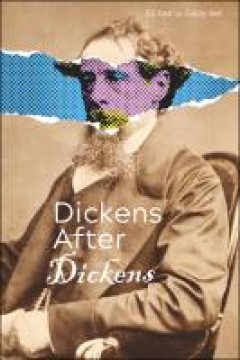
Dickens after Dickens
"[W]e have a long way to travel before we get back to what Dickens meant… G.K. Chesterton, Charles Dickens The twentieth and twenty-first centuries have continued the quest, so aptly described by G. K. Chesterton in 1906, to ‘find’ Charles Dickens and recapture the characteristically Dickensian. From research attempting to classify and categorise the nature of his popularity to a century …
- Edition
- -
- ISBN/ISSN
- 9781912482214
- Collation
- xi, 247p..: ill.
- Series Title
- -
- Call Number
- 823.8 DIC d
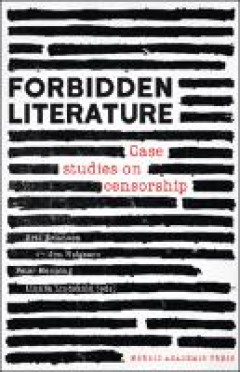
Forbidden literature: case studies on censorship
"Freedom of the printed word is a defining feature of the modern world. Yet censorship and the suppression of literature never cease, and remain topical issues even in the most liberal of democracies. Today just as in the past, advances in media technology are followed by new regulatory mechanisms. Similarly, any attempt to control cultural expression inevitably spurs fresh discussions about fr…
- Edition
- -
- ISBN/ISSN
- 9789188909084
- Collation
- 264p.: ill.
- Series Title
- -
- Call Number
- 801.9 FOR f
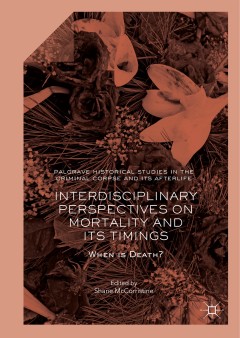
Interdisciplinary perspectives on mortality and its timings : when is death?
This volume provides a series of illuminating perspectives on the timings of death, through in-depth studies of Shakespearean tragedy, criminal execution, embalming practices, fears of premature burial, rumours of Adolf Hitler’s survival, and the legal concept of brain death. In doing so, it explores a number of questions, including: how do we know if someone is dead or not? What do people ex…
- Edition
- -
- ISBN/ISSN
- 9781137583284
- Collation
- xv, 167p. : ill.
- Series Title
- -
- Call Number
- 306.9 INT i
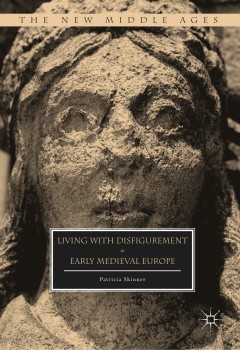
Living with disfigurement in early medieval Europe
This book examines social and medical responses to the disfigured face in early medieval Europe, arguing that the study of head and facial injuries can offer a new contribution to the history of early medieval medicine and culture, as well as exploring the language of violence and social interactions. Despite the prevalence of warfare and conflict in early medieval society, and a veritable indu…
- Edition
- -
- ISBN/ISSN
- 9781137544391
- Collation
- x, 282p. : ill.
- Series Title
- -
- Call Number
- 809.02 SKI l
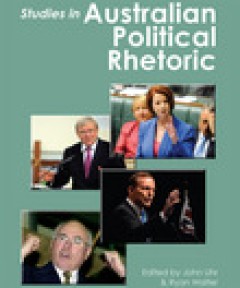
Studies in Australian political rhetoric
This edited collection includes eleven major case studies and one general review of rhetorical contest in Australian politics. The volume showcases the variety of methods available for studying political speech, including historical, theoretical, institutional, and linguistic analyses, and demonstrates the centrality of language use to democratic politics. The chapters reveal errors in rhetoric…
- Edition
- -
- ISBN/ISSN
- 9781925021868
- Collation
- -
- Series Title
- -
- Call Number
- 320.014 STU s
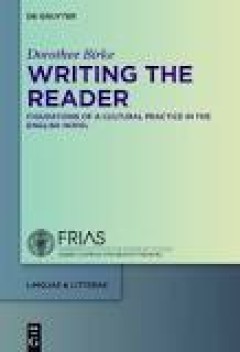
Writing the reader. Configurations of a cultural practice in the English novel
The history of the novel is also a history of shifting views of the value of novel reading. This study investigates how novels themselves participate in this development by featuring reading as a multidimensional cultural practice. English novels about obsessive reading, written in times of medial transition, serve as test cases for a model that brings together analyses of form and content.
- Edition
- -
- ISBN/ISSN
- 9783110399844
- Collation
- 267 p.; 22 cm.
- Series Title
- linguae & litterae; Vol. 59
- Call Number
- 823.009 BIR w
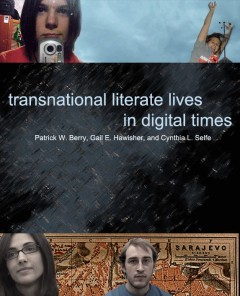
Transnational literate lives in digital times
Transnational Literate Lives in Digital Times is a book-length project designed to document how people outside and within the United States take up digital literacies and fold them into the fabric of their daily lives. This research contributes to our knowledge of the impact of digital media on literate practices and also provides a basis for developing approaches for studying and teaching succ…
- Edition
- -
- ISBN/ISSN
- 9780874218862
- Collation
- -
- Series Title
- -
- Call Number
- 808.0420 SEL t
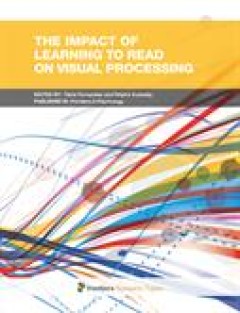
The impact of learning to read on visual processing
Reading is at the interface between the vision and spoken language domains. An emergent bulk of research indicates that learning to read strongly impacts on non-linguistic visual object processing, both at the behavioral level (e.g., on mirror image processing – enantiomorphy) and at the brain level (e.g., inducing top-down effects as well as neural competition effects). Yet, many questions r…
- Edition
- -
- ISBN/ISSN
- 9782889197163
- Collation
- xv, 73 p.; 22 cm.
- Series Title
- Frontiers Research Topics
- Call Number
- 302 FER i
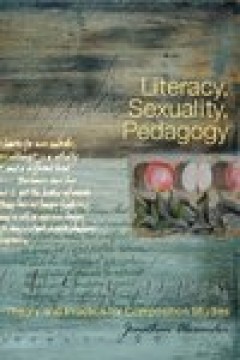
Literacy, sexuality, pedagogy: Theory and practice for composition studies
Despite its centrality to much of contemporary personal and public discourse, sexuality remains infrequently discussed in composition courses and in our discipline at large. Moreover, its complicated relationship to discourse, to the very language we use to describe and define our worlds, is woefully understudied in our discipline. Talk and writing about sexuality surround us. Not only does the…
- Edition
- -
- ISBN/ISSN
- 9780874217018
- Collation
- -
- Series Title
- -
- Call Number
- 808.0420711 ALE l
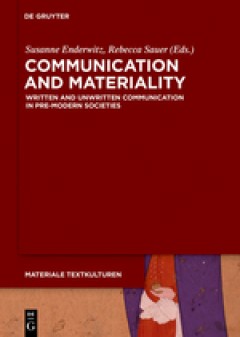
Communication and materiality. Written and unwritten communication in pre-mod…
This volume reconsiders literacy and communication in pre-modern societies, focusing especially on how material form affects the way textual artefacts are understood and interpreted. By bringing together scholars from diverse disciplines such as archaeology, medieval studies, and Islamic studies, this volume provides the specialist and non-specialist with insights on how humans express themselv…
- Edition
- -
- ISBN/ISSN
- 9783110371758
- Collation
- v, 133 p.; 22 cm.
- Series Title
- Materiale Textkulturen ; Vol. 8
- Call Number
- 302.230935 COM c
 Computer Science, Information & General Works
Computer Science, Information & General Works  Philosophy & Psychology
Philosophy & Psychology  Religion
Religion  Social Sciences
Social Sciences  Language
Language  Pure Science
Pure Science  Applied Sciences
Applied Sciences  Art & Recreation
Art & Recreation  Literature
Literature  History & Geography
History & Geography